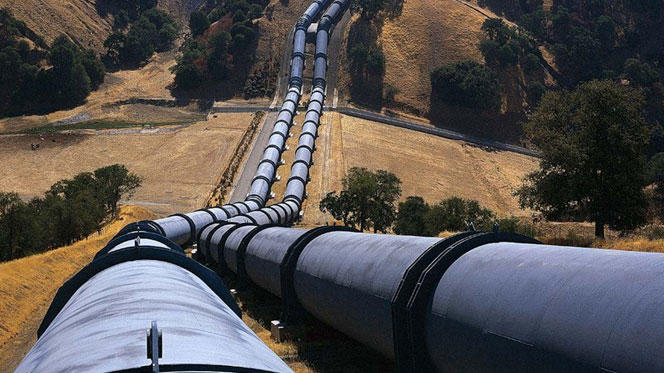Natural gas resources in Tunisia continue withdraw. According to the latest report of the National Energy and Mines Observatory, they decreased by 9 % over a year, even though demand, especially for electrical production, is increasing.
At the end of April 2025, natural gas resources in Tunisia, including national production and the tax package, settled at 651 ktep, a drop of 9% compared to the same period in 2024, indicates the monthly report of the National Observatory of Energy and Mines.
The production of dry commercial gas, for its part, fell by 4%, while the fee on the passage of Algerian gas dropped by 16%, reaching 267 ktep. This drop in particular concerns the contributions of national gas fields, including: Hasdrubal (-12%), Nawara (-27%) and Miskar (-8%). The only exception, the production of commercial gas in the south increased by 23%.
STEG deliveries tensions
The distribution of the total fee from the Algerian gas transit reveals that 82% of this resource is ceded to the Tunisian electricity and gas company (STEG). Note that an exceeding of STEG’s samples from the statement due to the state was recorded in 2024, for a volume of 219 million m³. Regularization is underway.
Despite the drop in local resources, Algerian gas purchases increased by 21% over a year, reaching 824 KTEP at the end of April 2025. Thanks to this import increase, the overall supply of natural gas increased by 6%, to establish itself at 1,426 KTEP.
Overall demand up 5%
In parallel, the national natural gas demand recorded growth of 5% to reach 1,423 KTEP-PCI. The electricity production sector, which represents 64% of total demand, records an increase of 5%, despite supply constraints. It is still 94 % rest on natural gas.
Final consumption, excluding electricity production, is also up 6%, to reach 518 ktep-PCI.
Despite an increase in demand and persistent dependence on natural gas in electricity production, Tunisia has to face its local resources. The increased use of imports, especially from Algeria, allows for the moment to compensate for the deficit, but underlines the energy vulnerability of the country.








